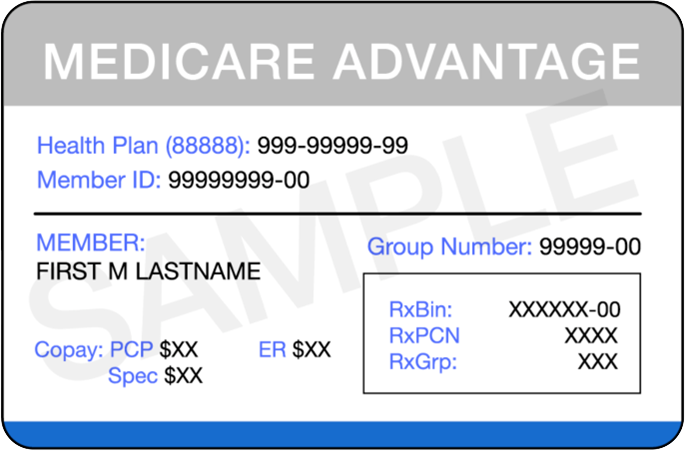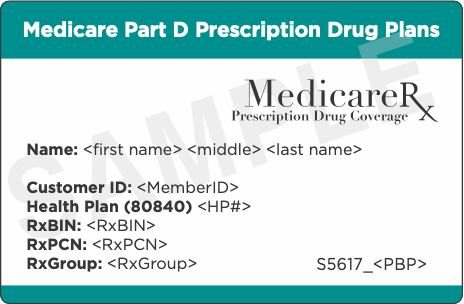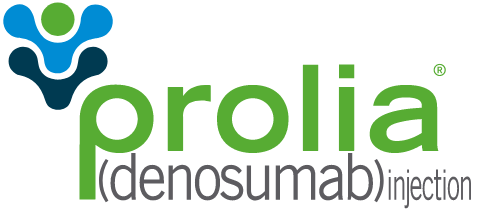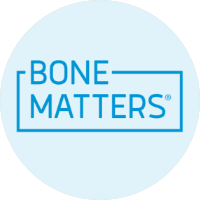Important Safety Information
What is the most important information I should know about Prolia®?
If you receive Prolia, you should not receive XGEVA® (denosumab). Prolia contains the same medicine as XGEVA®.
Prolia® can cause serious side effects (including):
Increased risk of severe low calcium levels in your blood (hypocalcemia). Prolia may lower the calcium levels in your blood. If you have low blood calcium
before you start receiving Prolia, it may get worse during treatment. Your low blood calcium must be treated before you receive Prolia. Talk to your doctor before
starting Prolia. Your doctor may prescribe calcium and vitamin D to help prevent low calcium levels in your blood while you take Prolia. Take calcium and vitamin
D as your doctor tells you to.
If you have advanced chronic kidney disease (may or may not be on kidney dialysis), Prolia may increase your risk for severe low calcium levels in your blood,
which could result in hospitalization, life-threatening events and death. A mineral and bone disorder associated with kidney disease called chronic kidney
disease mineral bone disorder (CKD-MBD) may increase your risk for severe low calcium levels in blood. Before you start PROLIA and during treatment, your
doctor may need to do certain blood tests to check for CKD-MBD.
Most people with low blood calcium levels do not have symptoms, but some people may have symptoms. Call your doctor right away if you have symptoms of low
blood calcium such as:
- spasms, twitches, or cramps in your muscles
- numbness or tingling in your fingers, toes, or around your mouth
Serious allergic reactions have happened in people who take Prolia®. Call your doctor or go to your nearest emergency room right away if you have any symptoms of a serious allergic reaction, including low blood pressure (hypotension); trouble breathing; throat tightness; swelling of your face, lips, or tongue; rash; itching; or hives.
Severe jaw bone problems (osteonecrosis) may occur. Your doctor should examine your mouth before you start Prolia® and may tell you to see your dentist. It is important for you to practice good mouth care during treatment with Prolia®.
Unusual thigh bone fractures. Some people have developed unusual fractures in their thigh bone. Symptoms of a fracture include new or unusual pain in your hip, groin, or thigh.
Increased risk of broken bones, including broken bones in the spine, after stopping, skipping or delaying Prolia®. Talk with your doctor before starting Prolia® treatment. After your treatment with Prolia® is stopped, or if you skip or delay taking a dose, your risk for breaking bones, including bones in your spine, is increased. Your risk for having more than 1 broken bone in your spine is increased if you have already had a broken bone in your spine. Do not stop, skip or delay taking Prolia® without first talking with your doctor. If your Prolia® treatment is stopped, talk to your doctor about other medicine that
you can take.
Serious infections in your skin, lower stomach area (abdomen), bladder, or ear may happen. Inflammation of the inner lining of the heart (endocarditis) due to an infection may also happen more often in people who take Prolia®. You may need to go to the hospital for treatment.
Prolia® is a medicine that may affect the ability of your body to fight infections. People who have weakened immune systems or take medicines that affect the immune system may have an increased risk for developing serious infections.
Skin problems such as inflammation of your skin (dermatitis), rash, and eczema have been reported.
Bone, joint, or muscle pain. Some people who take Prolia® develop severe bone, joint, or muscle pain.
Do not take Prolia® if you: have low blood calcium; or are pregnant or plan to become pregnant, as Prolia® may harm your unborn baby; or are allergic to denosumab or any ingredients in Prolia®.
Before taking Prolia®, tell your doctor about all of your medical conditions, including if you:
- Take the medicine XGEVA® (denosumab)
- Have low blood calcium
- Cannot take daily calcium and vitamin D
- Had parathyroid or thyroid surgery (glands located in your neck)
- Have been told you have trouble absorbing minerals in your stomach or intestines (malabsorption syndrome)
- Have kidney problems or are on kidney dialysis
- Are taking medicine that can lower your blood calcium levels
- Plan to have dental surgery or teeth removed
- Are pregnant or plan to become pregnant
Females who are able to become pregnant:
- Your healthcare provider should do a pregnancy test before you start treatment with Prolia®.
- You should use an effective method of birth control (contraception) during treatment with Prolia® and for at least 5 months after your last dose of Prolia®.
- Tell your doctor right away if you become pregnant while taking Prolia®.
- Are breast-feeding or plan to breast-feed
What are the possible side effects of Prolia®?
It is not known if the use of Prolia® over a long period of time may cause slow healing of broken bones. The most common side effects of Prolia® in women being
treated for osteoporosis after menopause are back pain, pain in your arms and legs, high cholesterol, muscle pain, and bladder infection.
The most common side effects of Prolia® in men with osteoporosis are back pain, joint pain, and common cold (runny nose or sore throat).
The most common side effects of Prolia® in patients with corticosteroid-induced osteoporosis are back pain, high blood pressure, lung infection (bronchitis), and
headache.
The most common side effects of Prolia® in patients receiving certain treatments for prostate or breast cancer are joint pain, back pain, pain in your arms and
legs, and muscle pain. Additionally, in Prolia®-treated men with nonmetastatic prostate cancer receiving ADT, a greater incidence of cataracts was observed.
These are not all the possible side effects of Prolia®. Call your doctor for medical advice about side effects.
You are encouraged to report negative side effects of prescription drugs to the FDA. Visit www.fda.gov/medwatch, or call 1-800-FDA-1088.
Indications
Prolia® is a prescription medicine used to treat osteoporosis in women after menopause who are at high risk for fracture or cannot use another osteoporosis medicine or other osteoporosis medicines did not work well.
Prolia® is a prescription medicine used to increase bone mass in men with osteoporosis who are at high risk for fracture.
Prolia® is a prescription medicine used to treat osteoporosis in men and women who will be taking corticosteroid medicines (such as prednisone) for at least six months and are at high risk for fracture.
Prolia® is a prescription medicine used to treat bone loss in men who are at high risk for fracture receiving certain treatments for prostate cancer that has not spread to other parts of the body.
Prolia® is a prescription medicine used to treat bone loss in women who are at high risk for fracture receiving certain treatments for breast cancer that has not spread to other parts of the body.
Please see Prolia® full
Prescribing Information and
Medication Guide.














